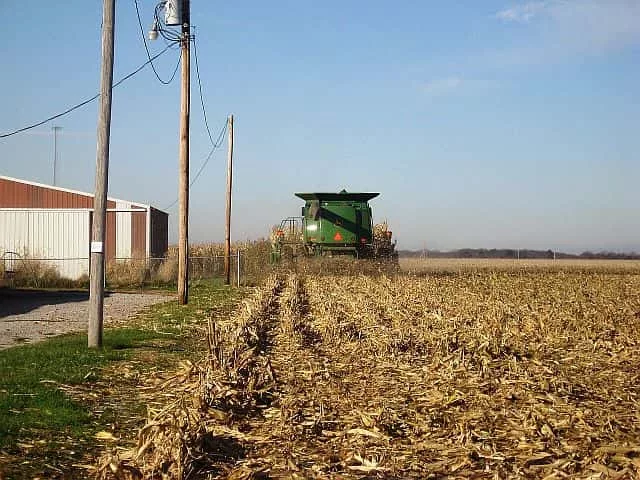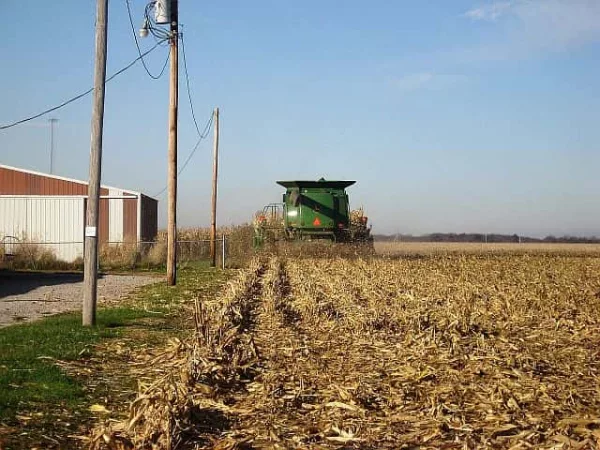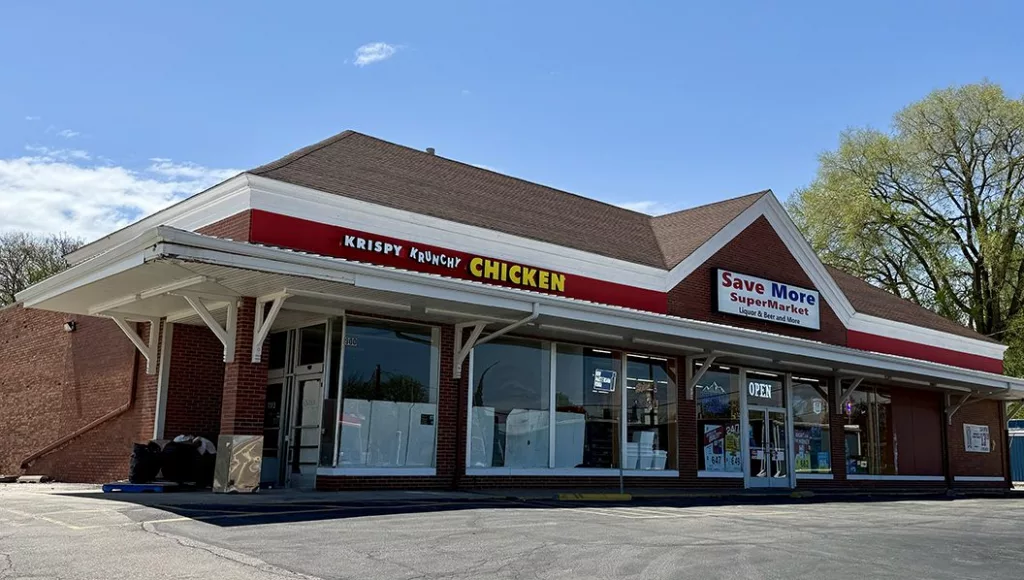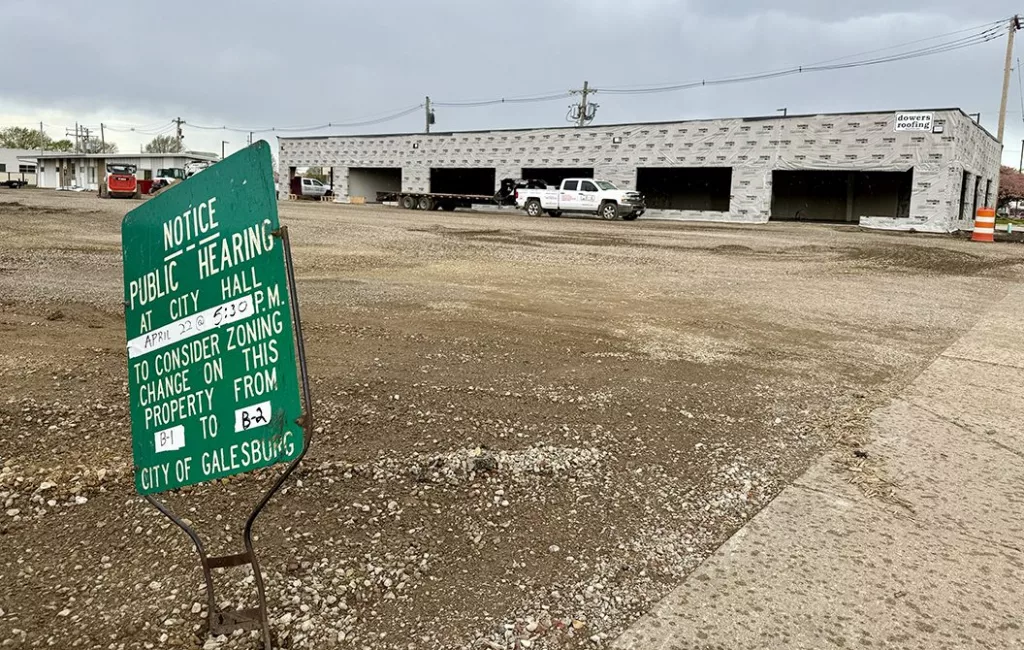
Illinois farm advocates have scored a $2.2 billion commitment from one of the state’s biggest trade partners.
Facing a trade war, bad weather and tightening credit lines, the farmers of Illinois needed some good news and they got it this week. Gov. J.B. Pritzker’s office announced that Taiwan has signed agreements with the Illinois Corn Marketers Association and the Illinois Soybean Association. Each received a $1.1 billion agreement to purchase their respective crops in 2020 and 2021.
The Taiwan Feed Industry Association signed a letter of intent to buy 197 million bushels of corn and 0.5 million metric tons of corn co-products, according to a news release from the governor’s office.
The Illinois Soybean Association received a letter of intent from Taiwan to buy between 96 million and 97 million bushels of soybeans.
“At a time when we are suffering from the larger trade war, it’s very refreshing to see the Taiwanese come back and buy our soybeans year-after-year,” said Mark Albertson, director of strategic market development at the Illinois Soybean Association.
Illinois is the top soybean-producing state and the second-largest producer of corn in the nation.
Taiwan is Illinois’ third-largest trading partner of agricultural products.
Illinois is one of the only states that can send Taiwan commodities in shipping containers.
“We have a lot of shipping containers that come to Illinois, specifically in the Chicago area,” Albertson said. “Those shipping containers can be loaded with soy and be sent back to Taiwan.”
State officials touted the deal.
“It’s no secret that 2019 has been a hard year for Illinois farmers with a tough growing season and trade uncertainty,” said John Sullivan, director of the Illinois Department of Agriculture.
Pritzker called the agreement a testament to the hard work of the state’s corn and soybean producers.
“When Illinois’ agricultural economy thrives, so do working families all across the state,” he said. “I’m committed to supporting our state’s leading industry and opening up new opportunities for our farmers to sell their goods and make a good living.”






